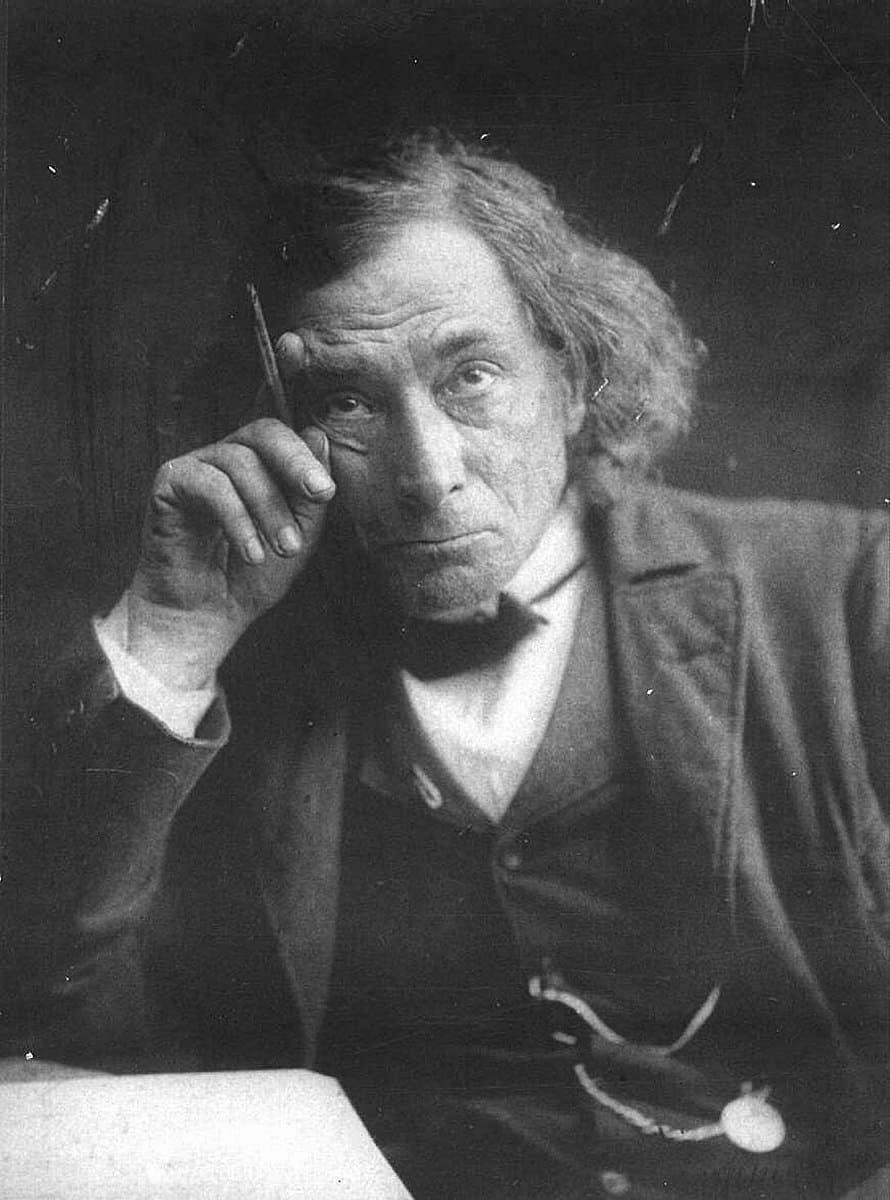
November 10, 2004
More than half a century after the founding of the state of Israel, the Knesset officially adopts “Hatikvah” (“The Hope”) as the national anthem.
The song became the anthem of the Zionist movement in the 1930s and was popularly used as Israel’s anthem from the birth of the state because it symbolizes the dream of a safe homeland for Jews, but its official adoption was delayed by the same concerns that arose during the debate over the Knesset bill: Its Zionist message appeals to Israel’s Jewish population, but non-Jewish citizens feel excluded by the anthem. The lyrics thus could be seen as rejecting the full diversity of Israeli society.
The song comes from a poem written by Naftali Herz Imber, a Romanian from Galicia, and published as “Tikvatenu” (“Our Hope”) in 1886, as modern Zionism was gaining momentum amid pogroms and other persecution in Eastern Europe. Two years later, a Romanian folk melody called “Carul Cuboi” (“Cart With Oxen”), written by Samuel Cohen, was added to the poem. Delegates spontaneously broke into the song as the closed of the Sixth Zionist Congress in Basel, Switzerland, in 1903, during which they had voted to establish a Jewish homeland,
The lyrics include the following: “As long as the Jewish spirit is yearning, deep in the heart, with eyes turned toward the East, looking toward Zion, then our hope, the 2,000-year-old hope, will not be lost: to be a free people in our land, the land of Zion and Jerusalem.”
